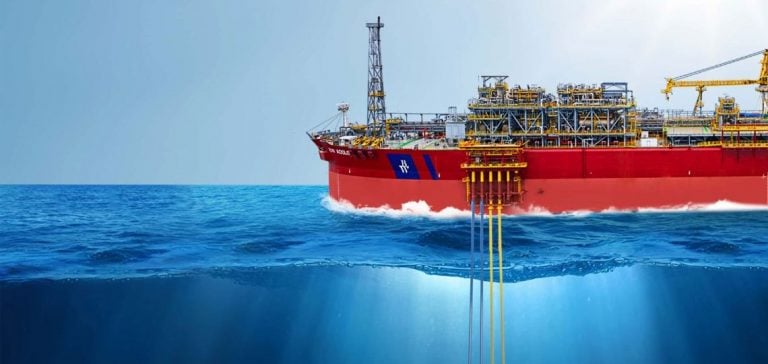The oil company BW Energy has undertaken a development program off the coast of Gabon, in the Dussafu block, to increase oil production. This project comes as Gabon’s oil sector seeks to recover its production after several years of decline.
In October 2024, BW Energy announced that its eight-well drilling campaign in this block was nearing completion. The goal is to reach a production of 40,000 barrels per day (bpd) by the end of the year. Five of the wells are already in production, marking a strategic advance for this company and for Gabon, which relies heavily on its oil revenues.
A strategy to revitalize Gabon’s oil sector
Gabon has been a major player in oil production in sub-Saharan Africa. However, in recent years, the country’s national production has declined due to a lack of investment and technical issues. In September 2024, the country’s production reached 210,000 bpd, according to data from S&P Global Commodity Insights. This figure is an increase over the quotas set by OPEC, but remains below historical levels.
BW Energy’s contribution via the Dussafu block has played a central role in this production increase. The project has benefited from important discoveries, especially in the Hibiscus field, where proven and probable reserves of 23.1 million barrels have been added.
International actors mobilized
The project is led by BW Energy, which holds a 73.5% stake in the Dussafu block. It is joined by Panoro Energy (17.5%) and the state-owned Gabon Oil Company (9%). These partners aim to maximize production and stabilize Gabon’s oil revenues, in a context where the country seeks to revive its oil sector after several years of stagnation.
The project’s infrastructure relies on the FPSO BW Adolo, a floating production, storage, and offloading vessel. This vessel processes and stores the extracted crude oil before it is exported. The main markets for Gabonese crude are in China, Indonesia, and Israel.
Ambitious goals despite challenges
BW Energy’s drilling program in the Dussafu field is close to reaching its full capacity, with a goal of 40,000 bpd by the end of 2024. However, challenges remain. Gabon remains vulnerable to political uncertainties, exacerbated by the 2023 coup d’état that ousted President Ali Bongo. Moreover, the country’s aging infrastructure requires constant investment to maintain stable production.
Despite these obstacles, long-term prospects are encouraging. In 2025, BW Energy plans to drill a new well, DBM-1, in the Bourdon prospect, where recoverable reserves of 30 million barrels could be tapped.






















